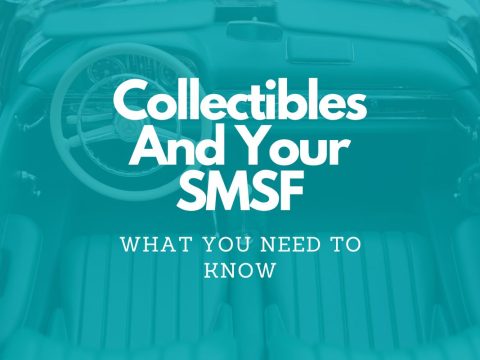2018-19 Federal Budget Measures Affecting Businesses
Instant Asset Write-Off for Small Business Extended For 12 Months
The government will extend the current instant asset write-off for Small Business Entities (SBEs), which it introduced in the 2016 Budget, by 12 months to 30 June 2019. The threshold amount was due to return to $1,000 on 1 July 2018 but it will now remain at $20,000 until 30 June 2019.
To take advantage of the write-off, the taxpayer must be a business with aggregated annual turnover of less than $10 million. Assets with a cost of $20,000 or more (that cannot be immediately deducted) will still be able to be put into a small business simplified depreciation pool with depreciation of these assets at 15% in the first income year and 30% each income year thereafter.
Crackdown on Australia’s Black Economy
The government has taken on Australia’s “black economy” by proposing new measures in an effort to improve the integrity of the Australian tax system.
Expansion of the taxable payments reporting system
The government’s taxable payments reporting system will be extended to the following industries:
- Security providers and investigation services
- Road freight transport
- Computer system design and related services
The measures were previously applied to the building and construction, cleaning and courier industries; the government identified these industries as being at a higher risk of not complying with their tax obligations. Businesses in the identified industries will be required to report contractor payments to the ATO, bringing the reporting of such payments in line with wages. These measures are proposed to apply from 1 July 2019, with the first annual report required to be lodged in August 2020. The government has promised a new online form with the aim of making the reporting process smoother.
Introduction of $10,000 cash payment limit
Off the back of the findings from the Black Economy Taskforce, the government will introduce a limit of $10,000 for cash payments made to businesses for goods and services from 1 July 2019. The government appears to have carved out transactions with financial institutions and consumer-to-consumer non-business transactions. It is reported that large undocumented cash payments are currently being used to avoid tax and/or launder money from criminal activity. These measures will require transactions over the $10,000 threshold to be made through an electronic payment system or via cheque.
Tax deductibility of non-compliant payments
In an effort to create a further financial disincentive for businesses to engage in black economy behaviour, businesses will no longer be able to claim a deduction for payments made to their employees where they have not withheld the requisite PAYG under the proposed budget measures. Further, the government also proposes to remove deductions for payments made by businesses to contractors, where the contractor does not provide an Australian Business Number and the business does not withhold any amount of PAYG (as required). The measures are proposed to apply from 1 July 2019.
Large government contract tenders required to be tax compliant
Businesses seeking to tender for large Australian government contracts will be required to provide information on the status of their tax obligations. Under the proposed arrangements, contracts over $4 million (including GST) will be affected.
Holding Vacant Land to Become More Expensive
The government is targeting taxpayers that engage in land banking or hold vacant land by denying a deduction for any costs in holding that land. The government has announced that anyone carrying on a business will be exempted from this proposed law. However, anyone passively holding vacant land for the development of future rental properties from 1 July 2019 will face the denial of deductions for holding costs. Owners that acquire land for use in a primary production business will be exempted from this measure.
CGT Changes for Partners
The small business capital gains tax (CGT) concessions for partners in partnerships will be eliminated in certain circumstances. Partners in a partnership have the ability to transfer the rights to their future income from the partnership to other entities, effectively reducing the income tax liability of the partner assigning the right. The assignment would usually be to a lower tax paying entity. When these rights are assigned, the small business CGT concessions would typically be available to reduce the capital gain on the disposal. From 8 May, this will no longer be possible under the proposed measure.
Impacts for Trusts
The government has implemented new tax integrity measures to improve the taxation of trusts including a rule to prevent circular trust distributions. Currently, family trusts acting as beneficiaries of one another are able to distribute in a “round robin” manner, which results in the distribution ultimately returning to the original trustee without any tax being paid on the “circular distribution”. From 1 July 2019, the ATO will be able to more effectively pursue family trusts exploiting this strategy by imposing tax on such distributions at the top personal tax rate, plus the Medicare levy.
If you have any questions on the above, please contact us for a no-obligation discussion.
See our article on 2018-19 Federal Budget measures affecting individuals.




